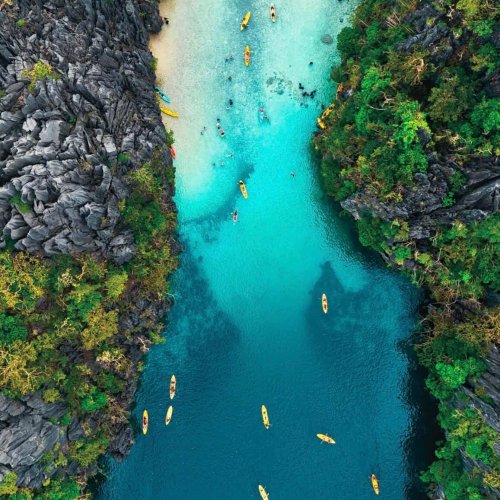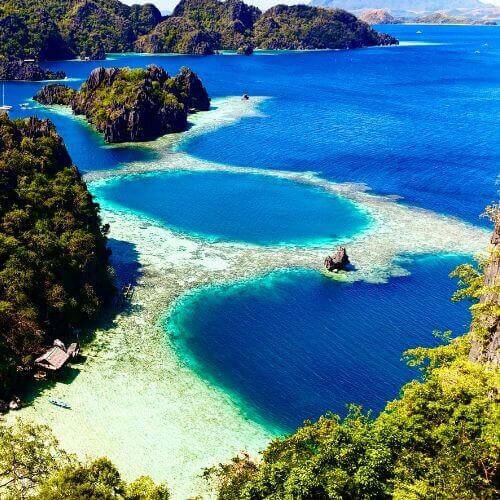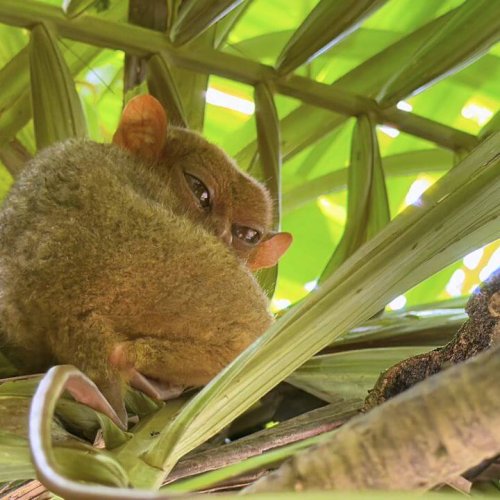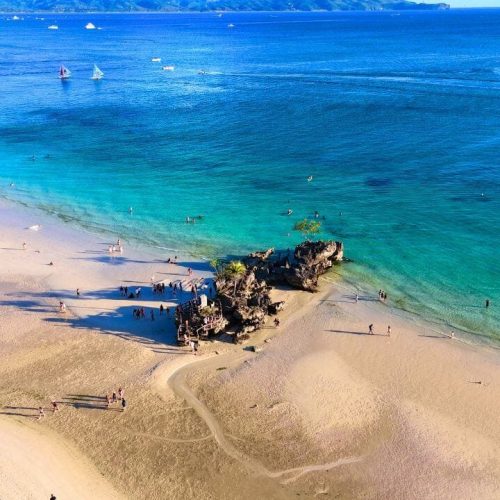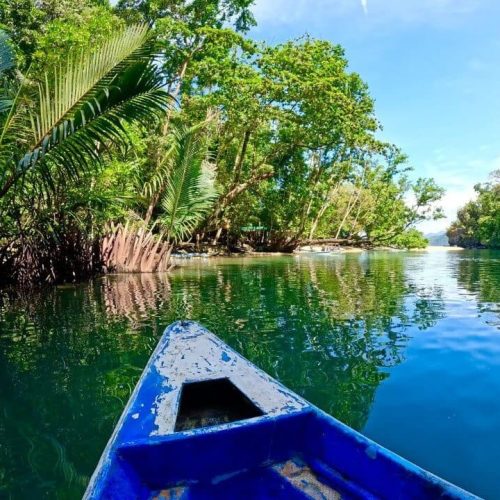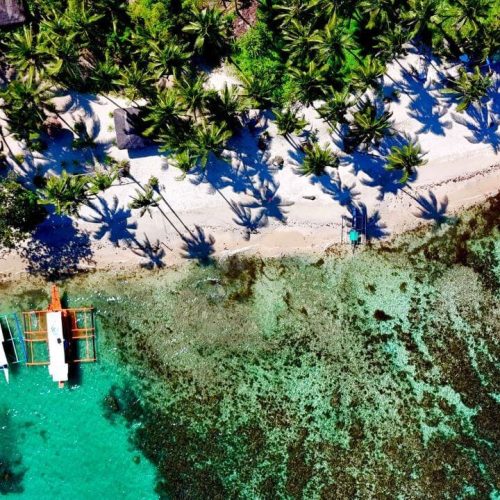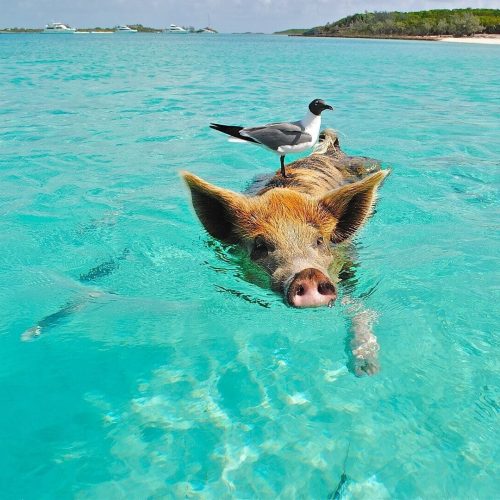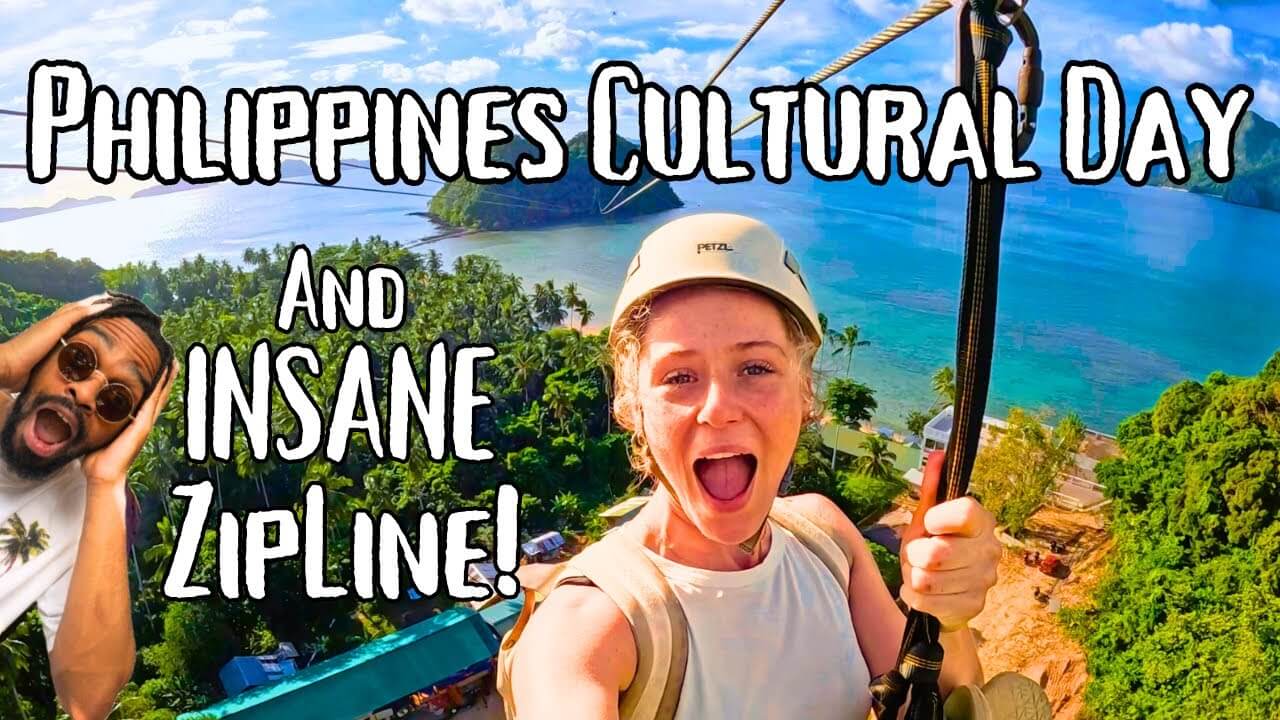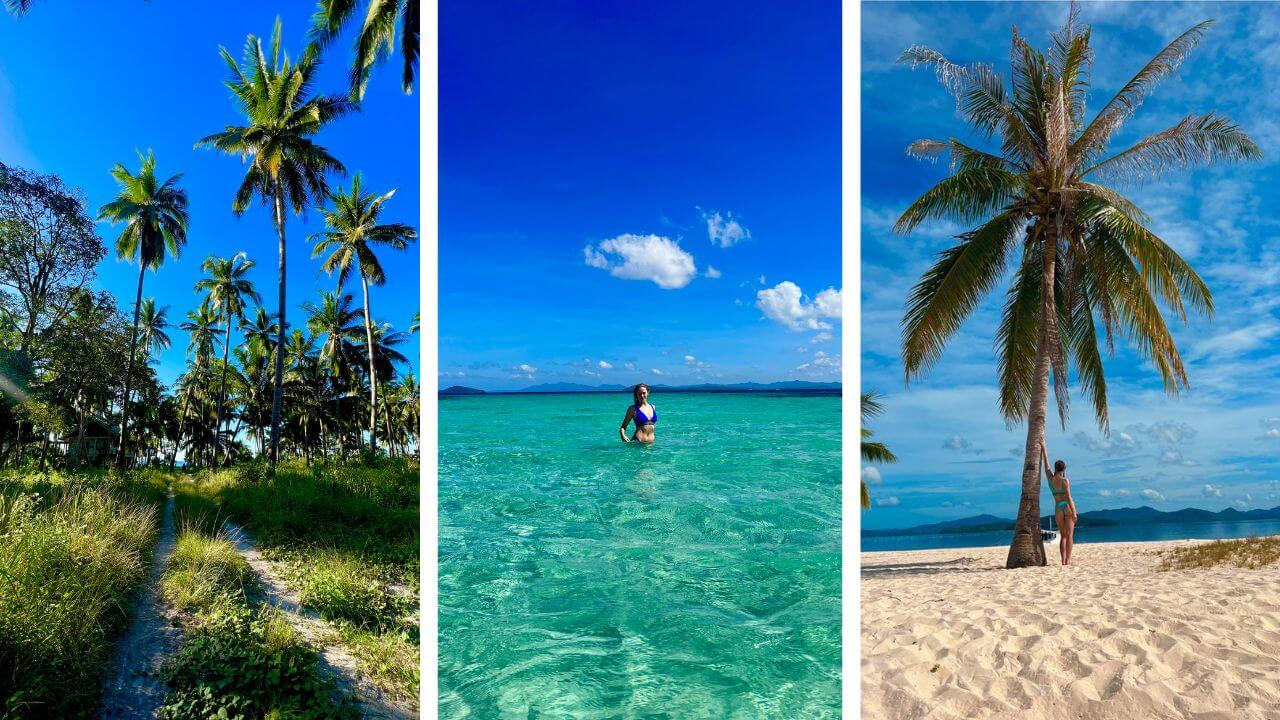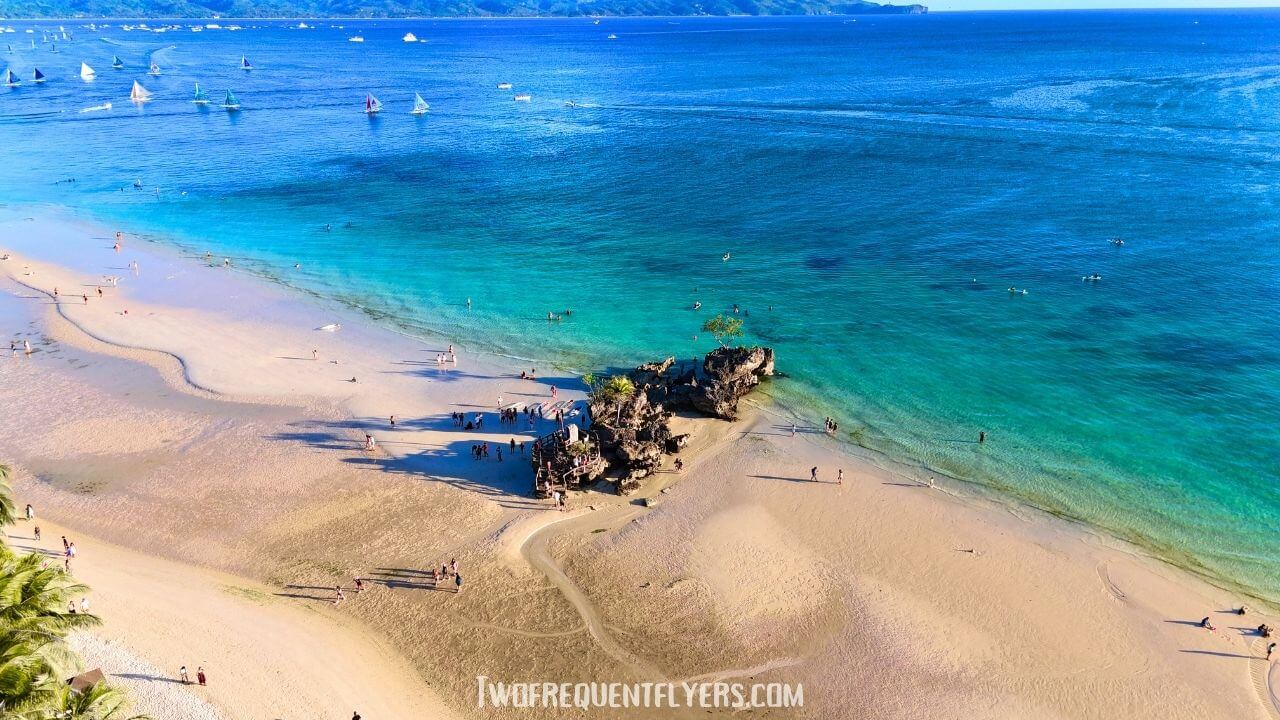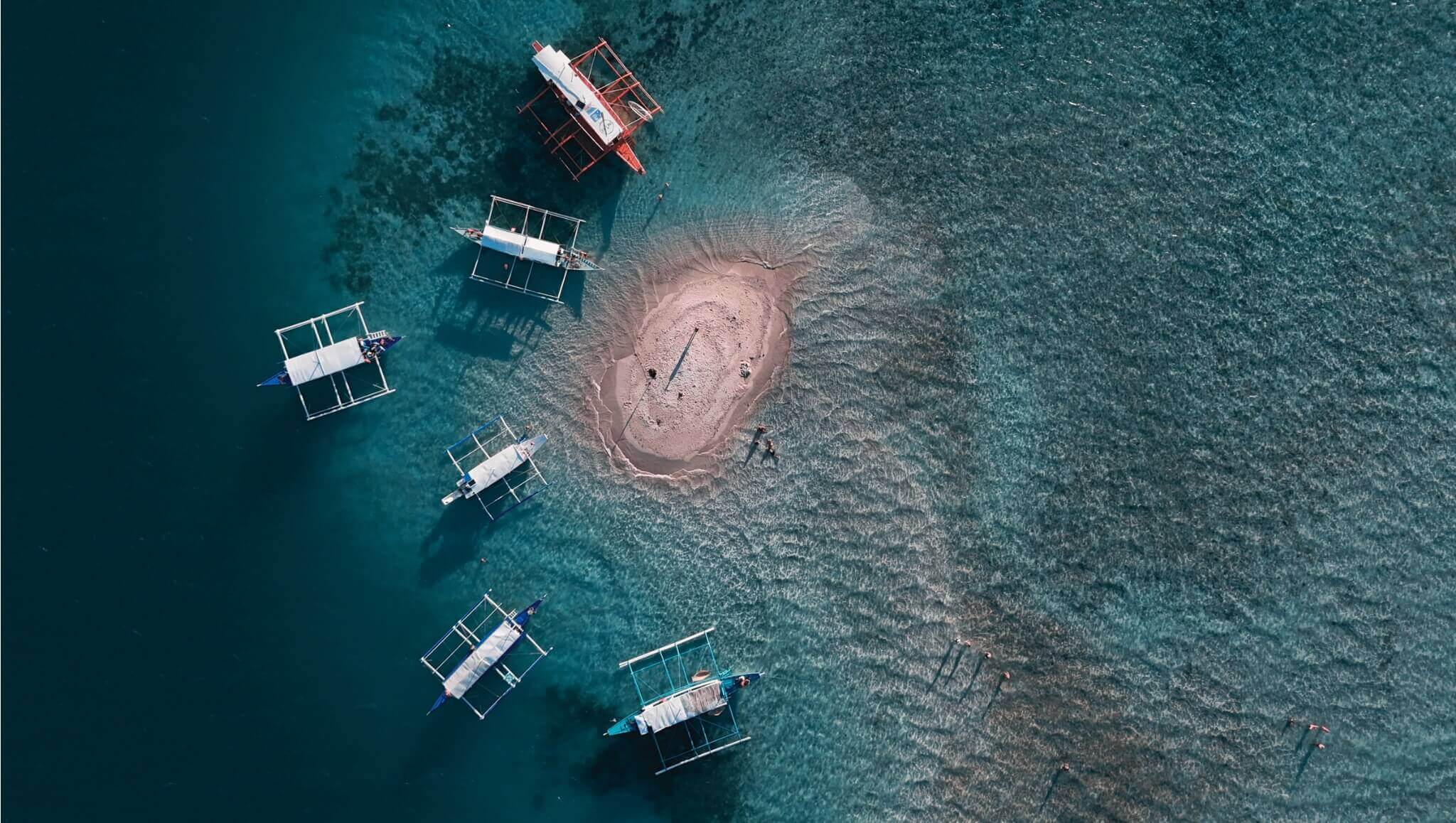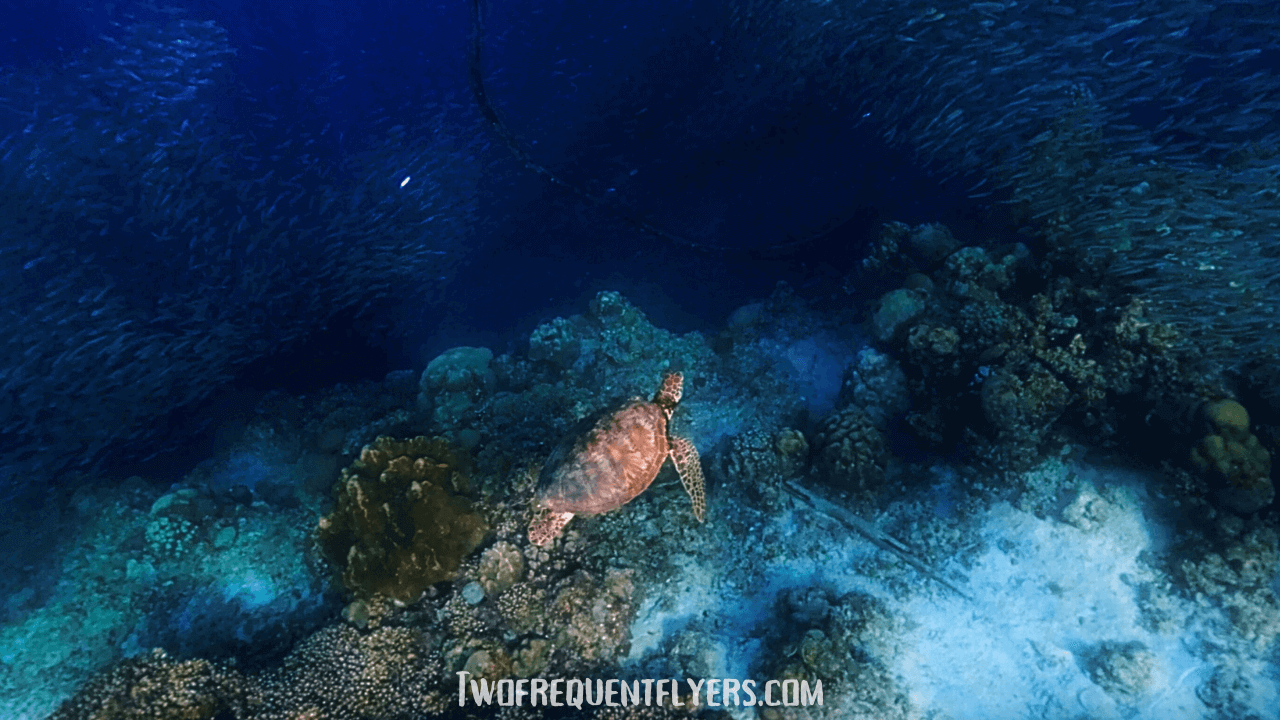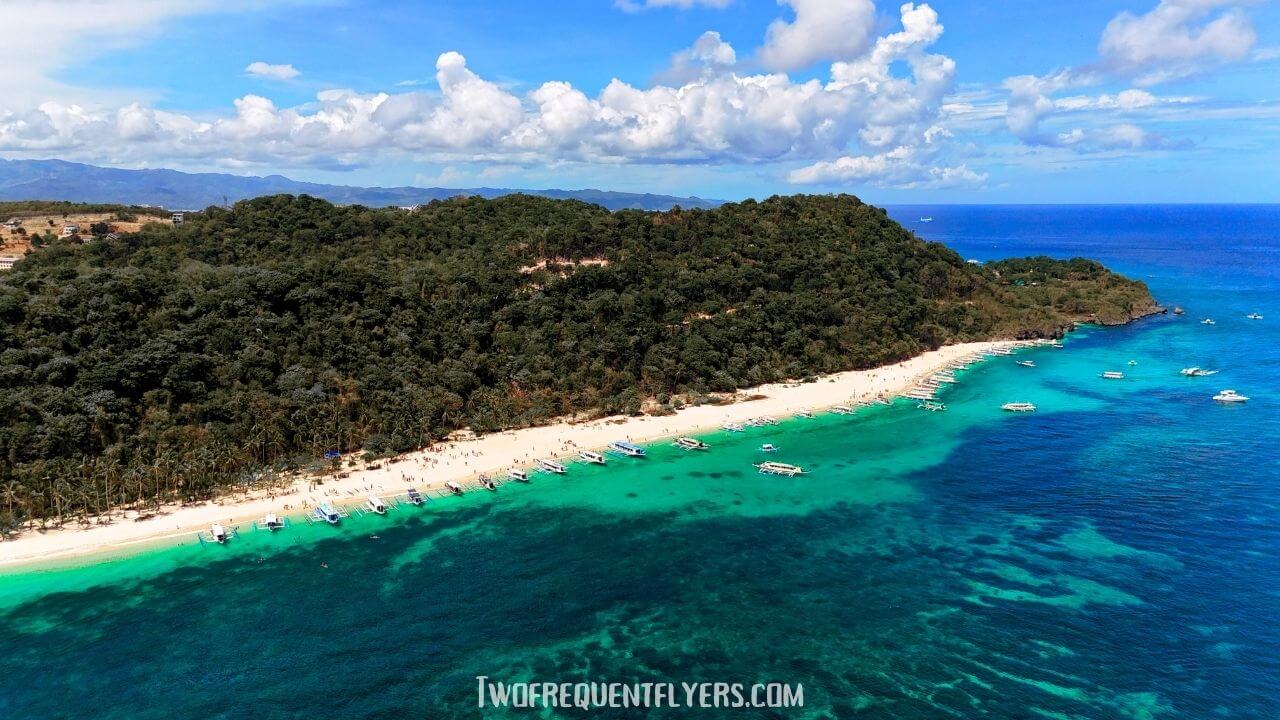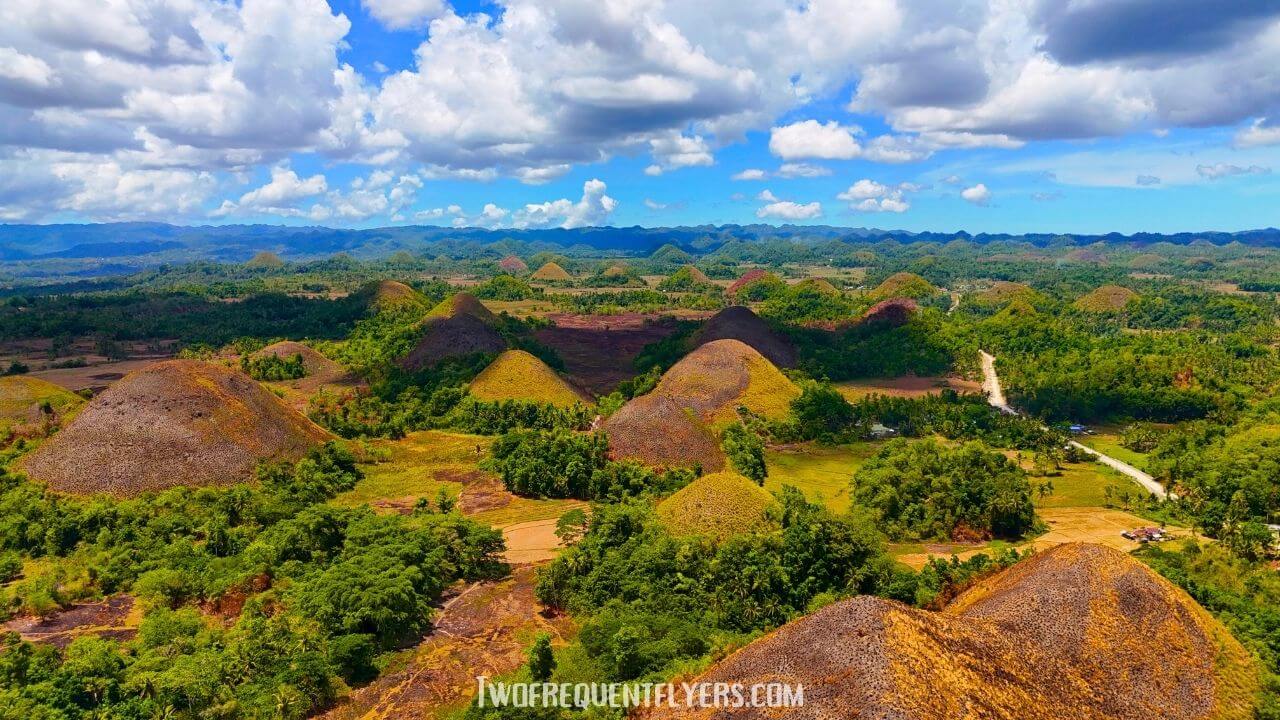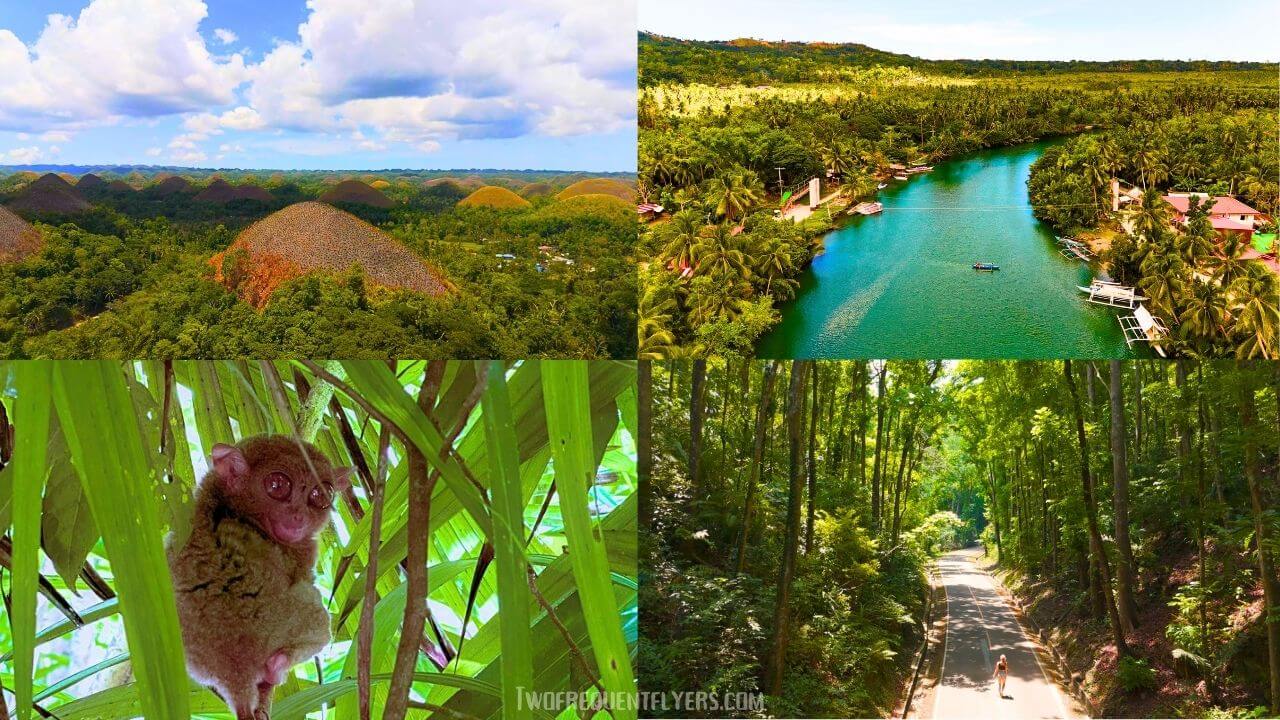
The Philippines is the second largest archipelago in the world, with over 7000 islands! Its a tropical paradise with so many adventures to be had!
Pick Your Destination
The Philippines
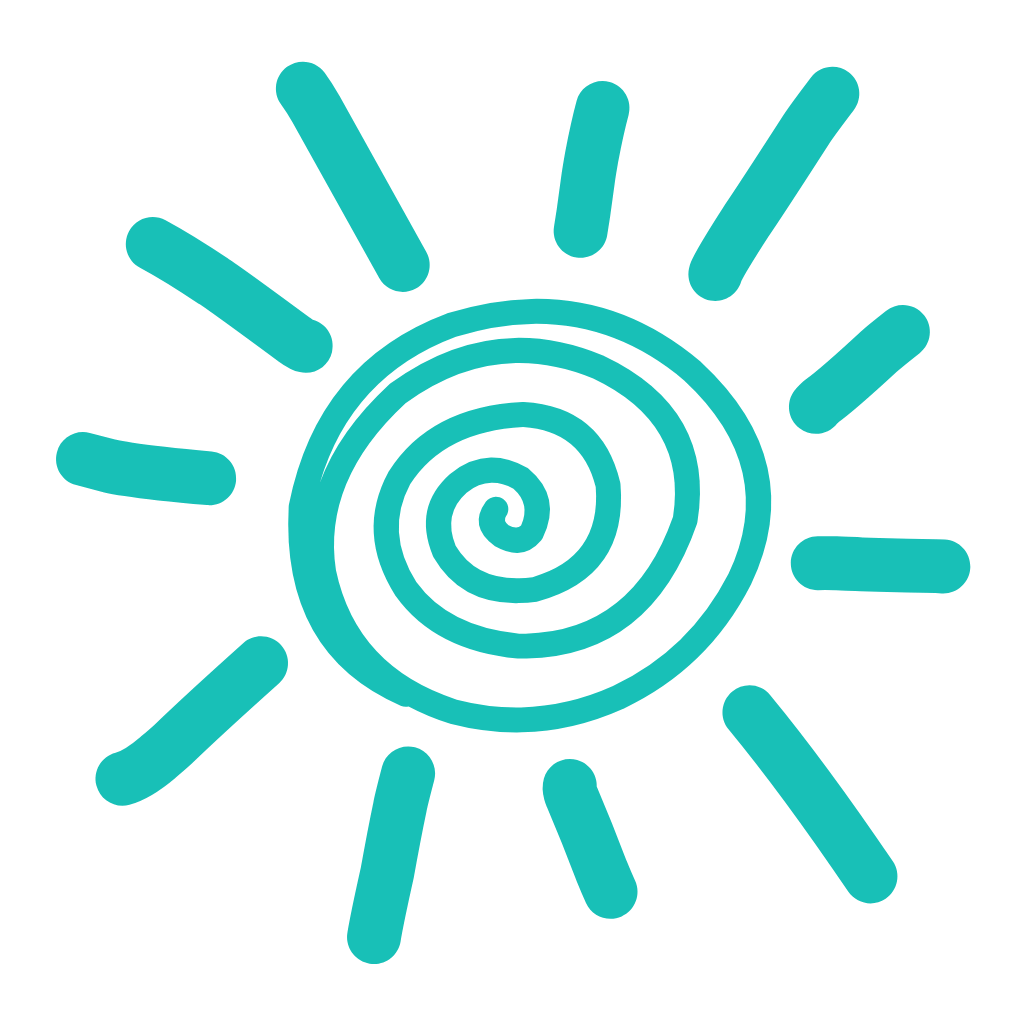
Weather
Dry Season in the Philippines runs from December to May. These months gift you with more predictable weather, sunnier days and calmer seas. While the wet season typically runs from June to November.
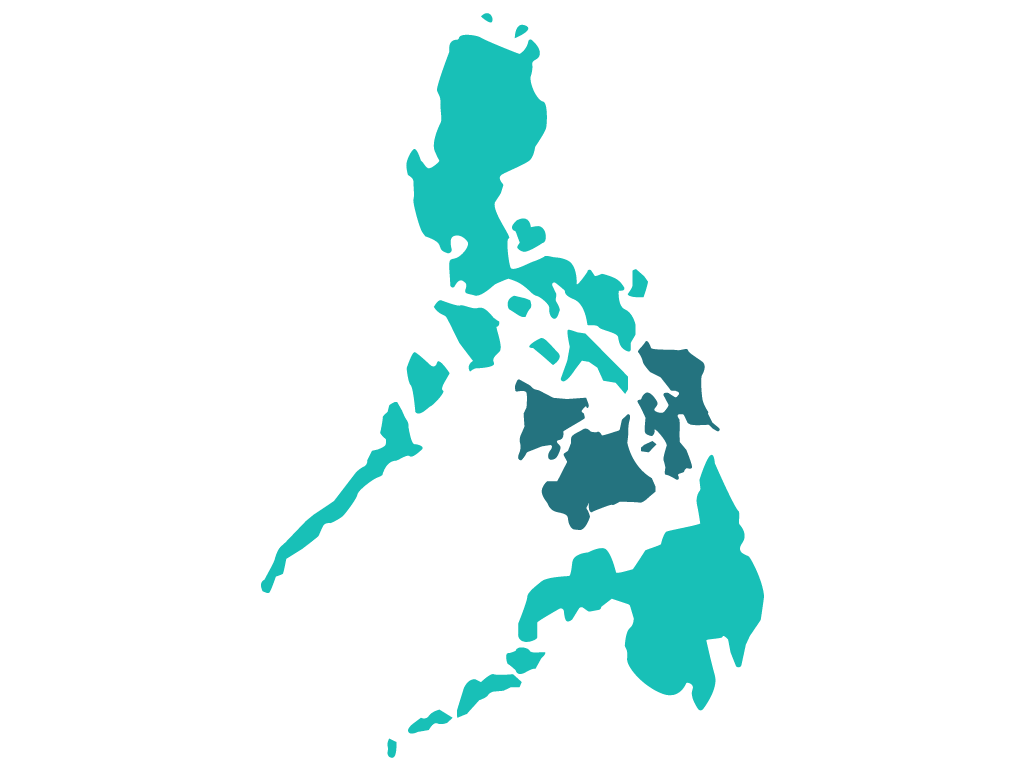

Fun Fact
English is widely spoken throughout the Philippines however the most commonly spoken native language is Tagalog. Locals will appreciate a friendly:
"Kamusta" (Hello)
"Salamat" (Thank you)
"Paalam" (Please)
Featured YouTube Vlogs
Featured Travel Guides
The Philippines boasts pristine beaches, vibrant coral reefs, and lush landscapes that will leave you in awe. Should you choose to explore this captivating country, you will experience the warmth and hospitality of its people, which is as beautiful as its islands. The Philippines holds a special place in our hearts! We hope you enjoy all our guides!
All Travel Guides
The Philippines FAQ'S
The Philippines primarily uses Type A, B and C plug sockets. Type C is mainly used throughout mainland Europe, whereas types A and B are used in the states. In our experience, the sockets available can vary between different locations in the Philippines, so we recommend getting a worldwide travel adapter so you are covered for all options.
Visa requirements for The Philippines depends on your nationality. Citizens from many countries can enter the Philippines without a visa for stays of 30 days or less. It’s best to check with the Philippine embassy or consulate in your country for specific requirements.
Citizens from most countries must register with the ‘e-travel’ system 72 hours or less prior to arrival. Your passport must have an ‘expiry date’ at least 6 months after the date you arrive.
The official currency of the Philippines is the Philippine Peso (PHP). It’s advisable to carry some cash, especially when visiting smaller towns or islands where card might not be accepted.
Yes, the Philippines is one of the most affordable destinations we have travelled to! Accommodation, food, and transportation can be very budget-friendly, especially if you choose street food and hostels. However, prices can vary depending on the location; for example, Boracay was on the pricier side.
Yes, English is one of the official languages and is widely spoken throughout the Philippines, especially in urban areas and tourist destinations. However, learning some simple phrases in Tagalog would be helpful before your trip!
The Philippines is generally considered safe for tourists, and we never felt unsafe throughout our travels. However, it’s essential to stay informed about local conditions and follow standard safety precautions. Avoid travelling to areas with travel advisories, and be cautious of your belongings in crowded places.
The most common religion in the Philippines is Christianity, with about 86% of the population being Christian and the majority being Roman Catholic. There is also a significant Muslim population, primarily in Mindanao.
The best time to visit the Philippines is during the dry season, which typically runs from November to April. This period offers pleasant weather, making it ideal for beach activities and outdoor exploration.
While travel insurance is not mandatory for visiting the Philippines, it is highly recommended. Insurance can provide coverage for unexpected events such as trip cancellations, medical emergencies, or lost belongings, giving you peace of mind during your travel
